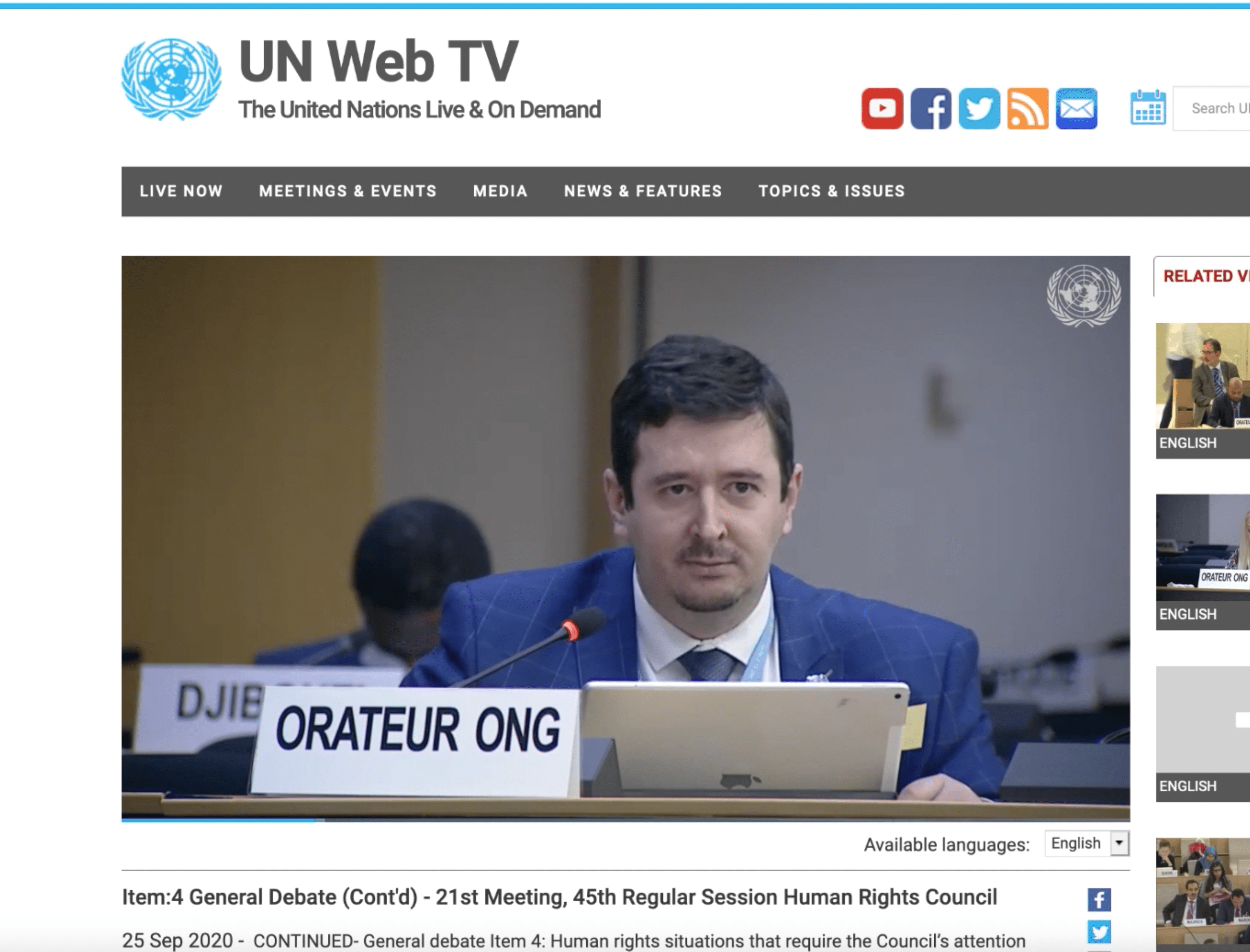Zurich, Sep 28 (IANS) Swiss voters have rejected a proposal to end an accord with the EU allowing the free movement of people.
With all referendum votes counted, nearly 62 per cent said they wanted to keep free movement, while 38 per cent were against, the BBC reported.
Switzerland is not a member of the EU but has a series of interdependent treaties with Brussels which allow it to access to Europe’s free trade area.
The move to rein in immigration was proposed by the Swiss People’s Party (SVP), but opposed by the government.
A similar initiative to introduce quotas on immigrants from the EU to Switzerland narrowly passed in a 2014 referendum, damaging Swiss-EU relations.
Swiss people are given a direct say in their own affairs under the country’s system of direct democracy. They are regularly invited to vote on various issues in national or regional referendums.
Supporters of the anti-free movement plan said it would allow Switzerland to control its borders and select only the immigrants it wants.
Opponents argued it would plunge a healthy economy into recession at an uncertain time and deprive hundreds of thousands of Swiss citizens of their freedom to live and work across Europe.
A landlocked country that has observed neutrality for centuries, Switzerland has over time veered between seeking closer engagement with the EU, and preferring a more isolationist course.
Sunday’s referendum could have forced the Swiss government to unilaterally void its free movement agreement with the EU by invoking a so-called guillotine clause.
This clause would have impacted other bilateral deals on transport, research and trade with the EU, disrupting economic activity.
The president of the right-wing SVP, Marco Chiesa, conceded that his campaign had struggled to garner enough support for a proposal which was opposed by the government, parliament and tradio unions.
Given that opposition, Chiesa framed the campaign as a “fight between David and Goliath”. “But we will continue to fight for the country and take back control of immigration,” he said.
Opponents of the proposal said the result was an expression of Swiss support for open, bilateral relations with the EU. They said voters were worried about the economic cost of ending free movement during the coronavirus pandemic.
“The bilateral path is the right one for Switzerland and for the EU,” Justice Minister Karin Keller-Sutter told reporters. “The Swiss people have confirmed this path again today”.
“Today is a great day for the relations between the European Union and Switzerland,” tweeted European Council President Charles Michel. “The Swiss people have spoken & sent a clear message: together we have a great future ahead of us.”
–IANS
rt/














